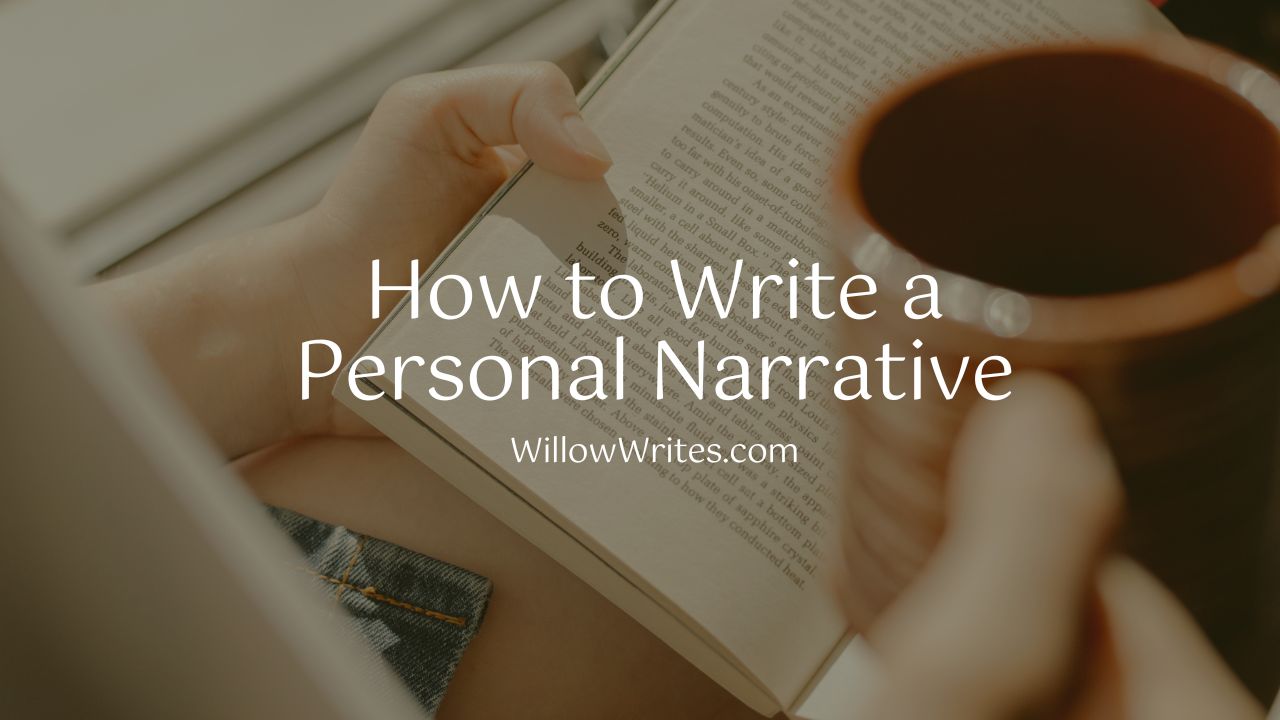This article explores different ways a writer can inject variation into their writing by finding another way to say adapt that still communicates the intended message clearly but add an extra layer of creativity into their work.
Adapting allows us to overcome obstacles, persevere through hardships, and even thrive in various situations. Whether making a successful career move or finding creative solutions to complex problems, having the ability to pivot and make decisions when needed is an invaluable trait with its fair share of benefits.
As writers, we may find ourselves using the same word — adapt — too often. While this can get our point across effectively enough, sometimes it pays off to switch up the language in order to make for an engaging read that captivates readers from start to finish.
What does Adapt Mean?
To adapt means to adjust or make suitable to a particular situation or use. It can also mean evolving or changing in response to environmental or other pressures in order to survive and thrive.
How to use Adapt in a Sentence
The word ‘adapt’ can have many meanings. It is commonly used as a verb, but it can also be used as an adjective or a noun.
The Verb “Adapt”
The most common use of the word ‘adapt’ is as a verb. As a verb, ‘adapt’ means to make suitable for a particular purpose or situation by changing or modifying something.
For example:
“The company had to adapt their marketing strategy to fit the changing needs of their customers.”
In this sentence, the verb ‘adapt’ is used to describe how the company changed its marketing strategy to better suit its customer base.
The Adjective “Adaptable”
The word ‘adaptable’ is an adjective form of ‘adapt’. It describes something that can be easily adjusted or modified. For example:
“This software is designed to be highly adaptable so that users can customize it to meet their individual needs.”
In this sentence, the adjective ‘adaptable’ describes software that can be changed and tailored for each user’s requirements.
The Noun “Adaptation”
The word ‘adaptation’ is a noun form of ‘adapt’. It describes something that has been changed or modified in order to suit its purpose better. For example:
“We made some adaptations to our product design in order to make it more user-friendly.”
In this sentence, the noun ‘adaptation’ describes how changes were made to the product design in order for it works better for its intended purpose.
Another Word For Adapt Synonyms
Many related words can achieve the same effect instead of “adapt.” Consider the following synonyms for adapt when talking about changing circumstances:
- Acclimate: The new employee had to acclimate to the company’s culture.
- Accommodate: The team had to accommodate the new client’s needs in the project.
- Accustom: It took time for the children to accustom themselves to the new school.
- Alter: The species had to alter its diet to survive in the new environment.
- Change: The species had to change its behavior in order to survive in the new environment.
- Come around: It took some time, but he came around to the idea.
- Comply: The company had to comply with the new regulations.
- Conform Oneself: The design had to conform to the new regulations.
- Familiarize: The employees had to familiarize themselves with the new software.
- Fashion: He fashioned his speech to appeal to the audience.
- Fit: The dress had to be fitted to the bride’s measurements.
- Get act together: It took some time, but we finally got our act together.
- Get used to It took some time, but I got used to the new schedule.
- Grow used to: It took some time, but I grew used to the new schedule.
- Habituat: It took time for the children to habituate themselves to the new school.
- Harmonize: The software can be harmonized to work with other systems.
- Make: The company had to change its products to stay competitive.
- Match: The designer had to match the colors of the dress to the bride’s bouquet.
- Modify: The design had to be modified to meet the customer’s requirements.
- Play the game: He had to learn to play the game to succeed in this field.
- Prepare: The company had to prepare for the upcoming changes in the market.
- Qualify: The candidate had to qualify for the job by passing the test.
- Readjust: The company had to readjust its budget after the unexpected expense.
- Reconcile: The company had to reconcile the different interests of the stakeholders.
- Remodel: The company had to remodel its store to attract more customers.
- Revise: The writer revised the manuscript several times before submitting it.
- Roll with punches: He had to learn to roll with punches in this job.
- Shape: He shaped his speech to appeal to the audience.
- Shape up: The company had to shape up to stay competitive.
- Suit: The suit had to be tailored to the client’s measurements.
- Tailor: The teacher tailored the lesson to the students’ learning style.
- Transform: The organization transformed its approach to customer service.
- Got Accustomed to: It took some time, but she got accustomed to the new circumstances and different conditions.
How do you Pronounce Adapt?
The word “adapt” is pronounced with a short “a” sound, like in the word “cat”, followed by “d” sound, “a” sound, “p” sound and “t” sound, in that order. So it is pronounced “uh-dapt”.











